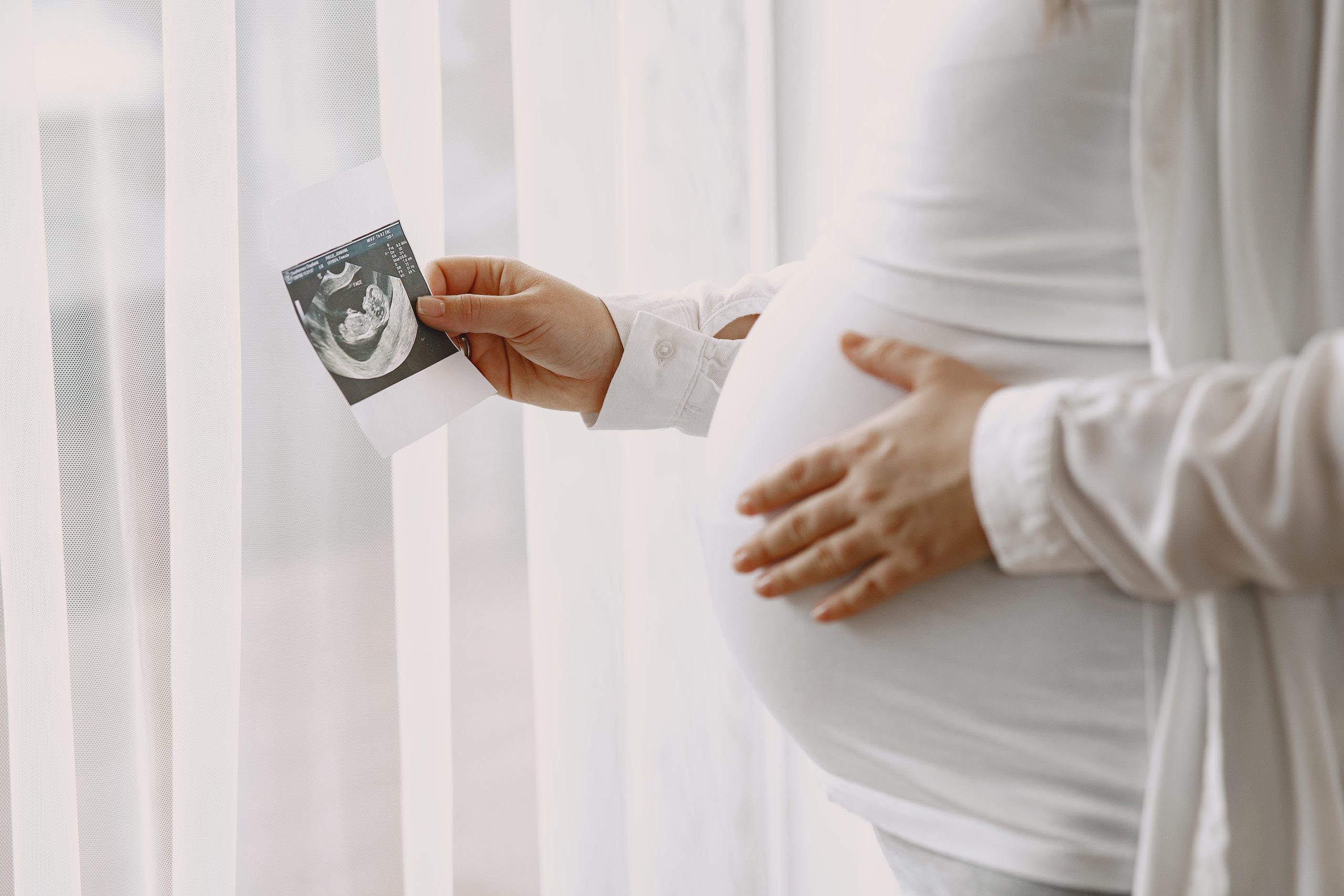Pregnancy is an exciting journey, but it can come with unexpected challenges—one of them being fibroids. If you’ve been diagnosed with fibroids and are expecting, you might have many questions and concerns. Let’s break it all down in simple terms.
What Are Fibroids?
Fibroids are non-cancerous growths in or around the uterus. They vary in size, from as small as a seed to as large as a melon. Many women have fibroids without ever knowing because they don’t always cause symptoms.
Can You Get Pregnant If You Have Fibroids?
Yes! Many women with fibroids conceive naturally. However, depending on their size and location, fibroids can sometimes interfere with fertility. If fibroids are blocking the fallopian tubes or altering the shape of the uterus, they may make conception more difficult.
How Do Fibroids Affect Pregnancy?
Most fibroids don’t cause complications during pregnancy, but some can lead to:
- Pain and Discomfort: Growing fibroids can put pressure on the uterus and nearby organs, causing pain.
- Bleeding: Some women may experience light bleeding due to fibroids.
- Miscarriage Risk: In rare cases, fibroids may increase the risk of miscarriage, especially if they distort the uterine cavity.
- Preterm Labor: Larger fibroids may contribute to early labor.
- Delivery Complications: Depending on their location, fibroids might affect the baby’s position and increase the chances of a C-section.
What Can You Do About Fibroids During Pregnancy?
The good news is that treatment isn’t always necessary. Your doctor will monitor the fibroids and manage any symptoms. If needed, they may recommend:
- Pain Management: Safe medications to ease discomfort.
- Lifestyle Adjustments: Staying hydrated, managing stress, and avoiding heavy lifting can help reduce symptoms.
- Monitoring: Regular ultrasounds to track fibroid growth.
Can Fibroids Be Treated During Pregnancy?
Most treatments for fibroids, like surgery, are avoided during pregnancy unless absolutely necessary. The focus is usually on symptom relief until after delivery.
What Happens After Delivery?
For some women, fibroids shrink on their own after childbirth due to hormonal changes. However, if fibroids cause ongoing issues, treatments like medication, minimally invasive procedures, or surgery may be discussed post-pregnancy.
Final Thoughts
Having fibroids during pregnancy can be worrying, but many women have healthy pregnancies and deliveries despite them. The key is regular monitoring and working closely with your gynecologist to manage any symptoms.
If you have concerns about fibroids and pregnancy, consult our expert team at House of Gynaecologists for personalized guidance. We’re here to support you at every stage of your journey!

